Magnus Debate Settled? 5 Reasons Carlsen Passed the Crown to This Legend
Oct 24th, 2024
Magnus Carlsen isn’t just the 16th World Chess Champion—he’s claimed the crown in all three formats: classical, rapid, and blitz, a remarkable 17 times!
With a peak FIDE rating of 2882, the highest ever recorded, and an unmatched 125-game unbeaten streak at the elite level, Carlsen also played the most accurate game in World Chess Championship history.
The records keep stacking up! So, when Carlsen received the FIDE 100 Best Player Award, it felt like a perfect fit—though Carlsen himself seemed the least surprised!
“I am, of course, happy to get this award. But in my personal opinion, I still think Garry Kasparov has had a better career than I have… I still think he was more deserving,” Carlsen declared.
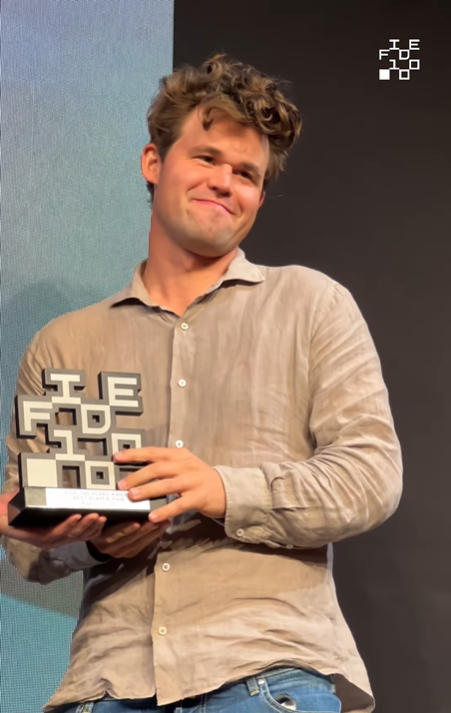
The 13th World Champion, Garry Kasparov, remains a top contender for the “greatest of all time” title.
If you’re new to chess, you might recognize him from popular chess vloggers’ videos—where even top players like Hikaru Nakamura and Fabiano Caruana couldn’t defeat a “retired, rusty” Kasparov on his best days.
For seasoned fans, reliving Kasparov’s prime is a trip down memory lane!
Regardless of where you stand, here are 5 reasons why Kasparov is still the GOAT for many, including Carlsen!
- He Defended His Title 5 Times
As tennis legend Althea Gibson once said, “Winning it twice proves you are the best.” By that measure, Kasparov’s five successful title defenses stand unmatched.
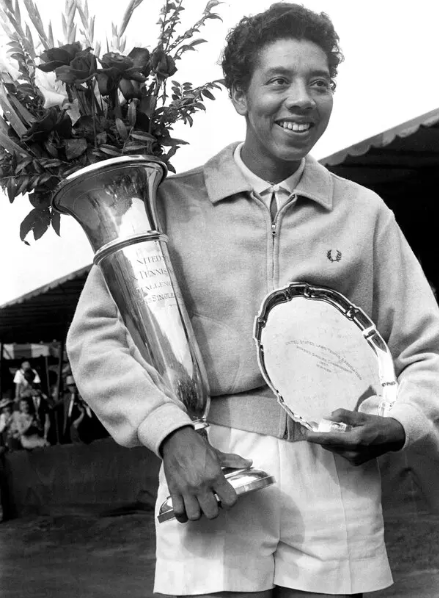
Though Emanuel Lasker also defended his title five times, Lasker’s era was often influenced by sponsorships, with challengers based on financial backing rather than merit. In contrast, Kasparov faced opponents who emerged from rigorous tournament cycles, ensuring they were the toughest competition of the time.
Kasparov’s defenses included four grueling matches against Anatoly Karpov, a dominant win over Nigel Short in 1993, and a decisive victory against Vishy Anand, securing his legendary status.
- The First-Ever 2800-Rated Grandmaster
The 2800-Elo mark is like an exclusive mansion where only the chess elite visit — and where Magnus Carlsen currently resides. But guess who built that mansion?
Kasparov was the first to shatter the 2800 barrier in January 1990 after dominating official tournaments, exhibition matches, and even TV appearances. He swept the Belgrade Investbank International with 8 wins and no losses, crushed the Tilburg Interpolis with 12 out of 14 points, and demolished a team of 6 French GMs and IMs in a simul. He even schooled David Letterman on live TV!
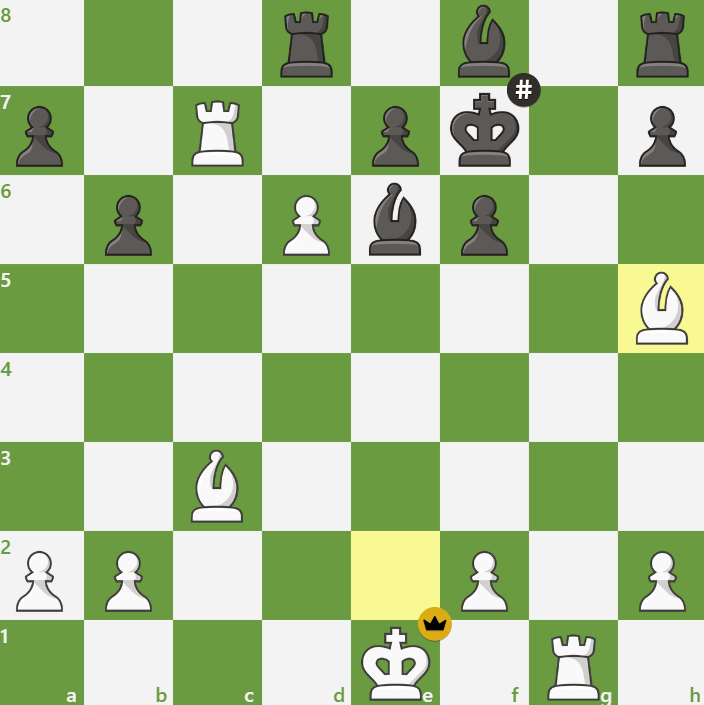
Though Kasparov briefly dipped below 2800 in 1992 and 1996, he quickly rebounded and never left the mansion again.
- He Ruled Over Two Chess Eras
Kasparov burst onto the chess scene in 1979, entering an elite tournament in Yugoslavia as an unrated player and finishing 1st, two points clear of the field. He quickly rose through the ranks, winning the World Youth Championship, the USSR Chess Championship, and dominating the 1982 Bugojno Super-tournament, before claiming the World Championship title.
In the pre-computer era, players relied on intense manual analysis, keeping track of endless variations in handwritten notebooks. Kasparov thrived in this hardcore environment, outworking his opponents and discovering fresh ideas.
Then, in the 1990s, Kasparov adapted to the rise of computers, facing new-generation GMs and powerful engines. Far from fading, he sharpened his skills, staying at the top even as chess entered the machine age. His successor, Vladimir Kramnik, summed it up best:

Kasparov was built for both worlds.
- He Pushed Boundaries Like No One Before
Most athletes, once at the top, shift to a defensive mindset—playing to avoid losing rather than playing to win. But Kasparov was different.
He relentlessly sought out new challenges, both in and outside of World Chess Championship matches. When super-GM tournaments weren’t enough, he took on entire national teams in clock simul games, dominating the Israeli and American teams.
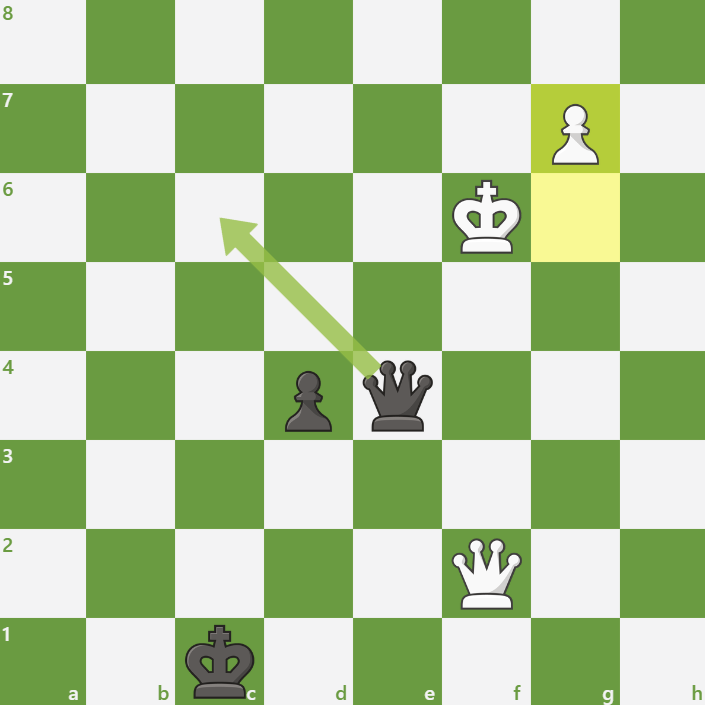
In 1999, he faced over 50,000 players from 75 countries in an Internet consultation game and still emerged victorious. He also famously beat IBM’s Deep Blue supercomputer in their first match. Even after losing the rematch to a more powerful version, Kasparov continued to take on and challenge the strongest chess engines of the time.
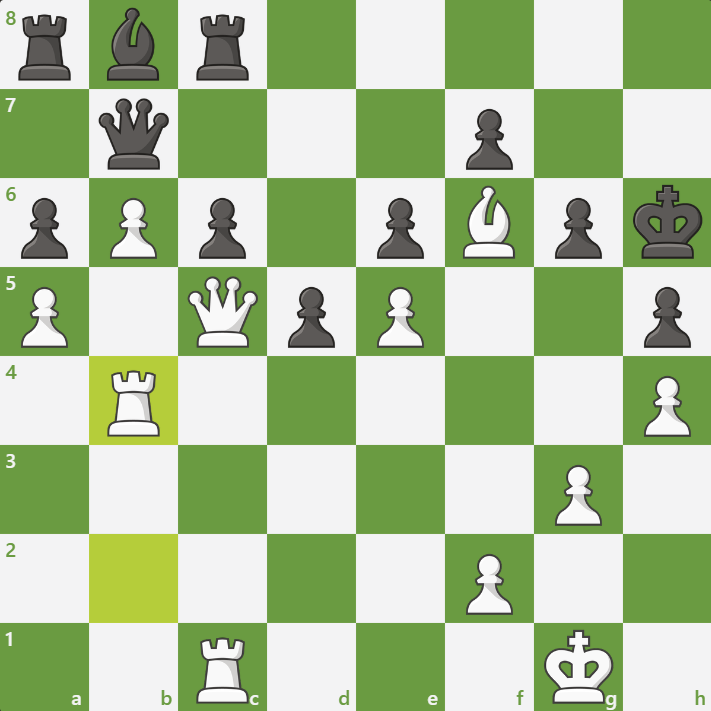
- He Kept Chess Alive on the World Stage Long Before the Boom
Before the 2020 chess boom, where streaming and online platforms made chess a global sensation, the game had few outlets for mass appeal. Social media, streaming, and platforms like Chess.com didn’t exist 20-30 years ago.
During this time, it was Kasparov who carried the mantle, representing chess on the world stage and attracting new fans. From appearing at Super Bowl XXXV to reenacting his Man vs. Machine triumph and giving countless interviews on the game’s value, Kasparov ensured chess stayed relevant and cool.
Wrapping Up
The GOAT debate in chess may never end, but Kasparov’s lasting influence on the game is undeniable. Whether you agree with Carlsen or not, we hope this journey through Kasparov’s legacy deepened your appreciation for chess legends and their timeless lessons.
© The Madras School of Chess
Created by Webdzo